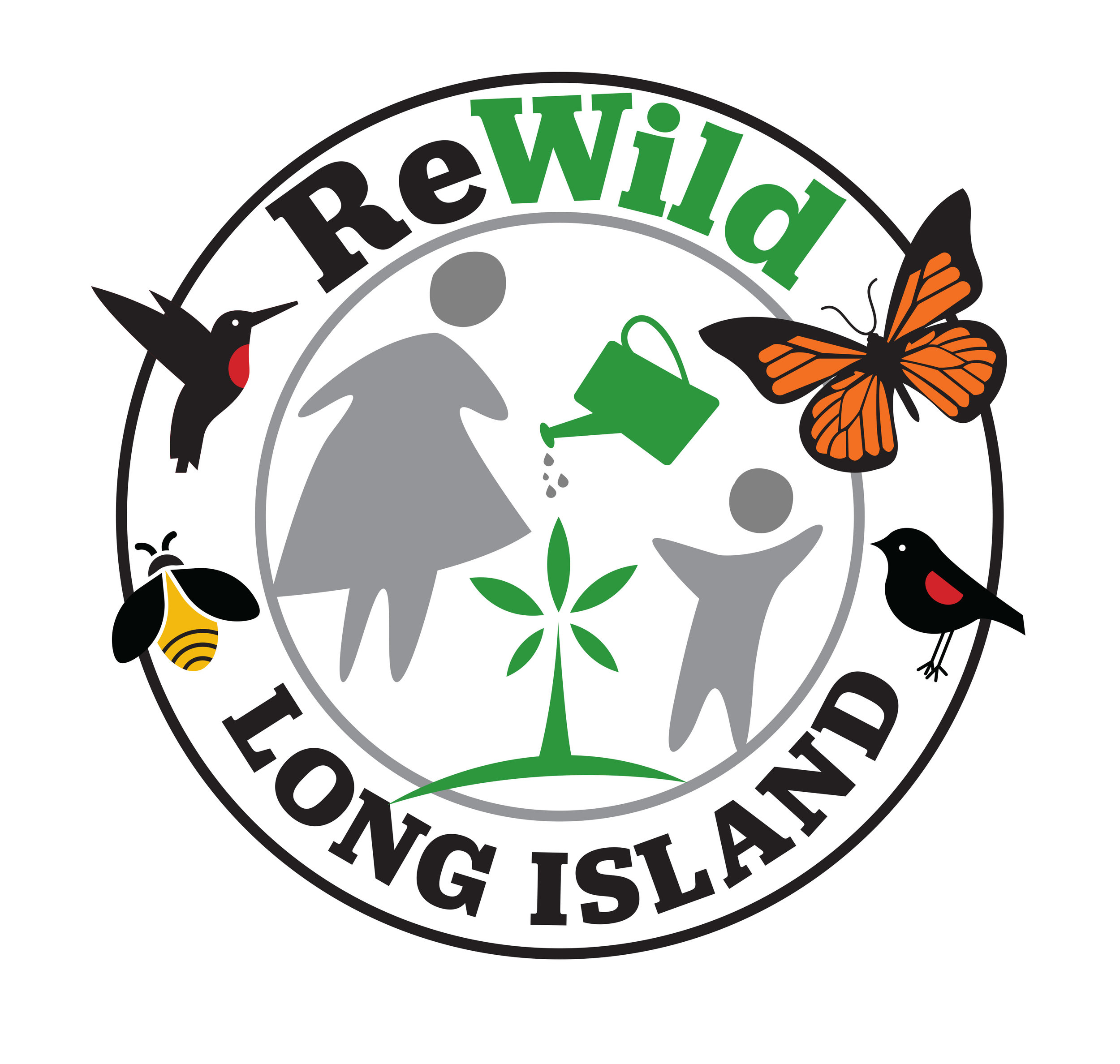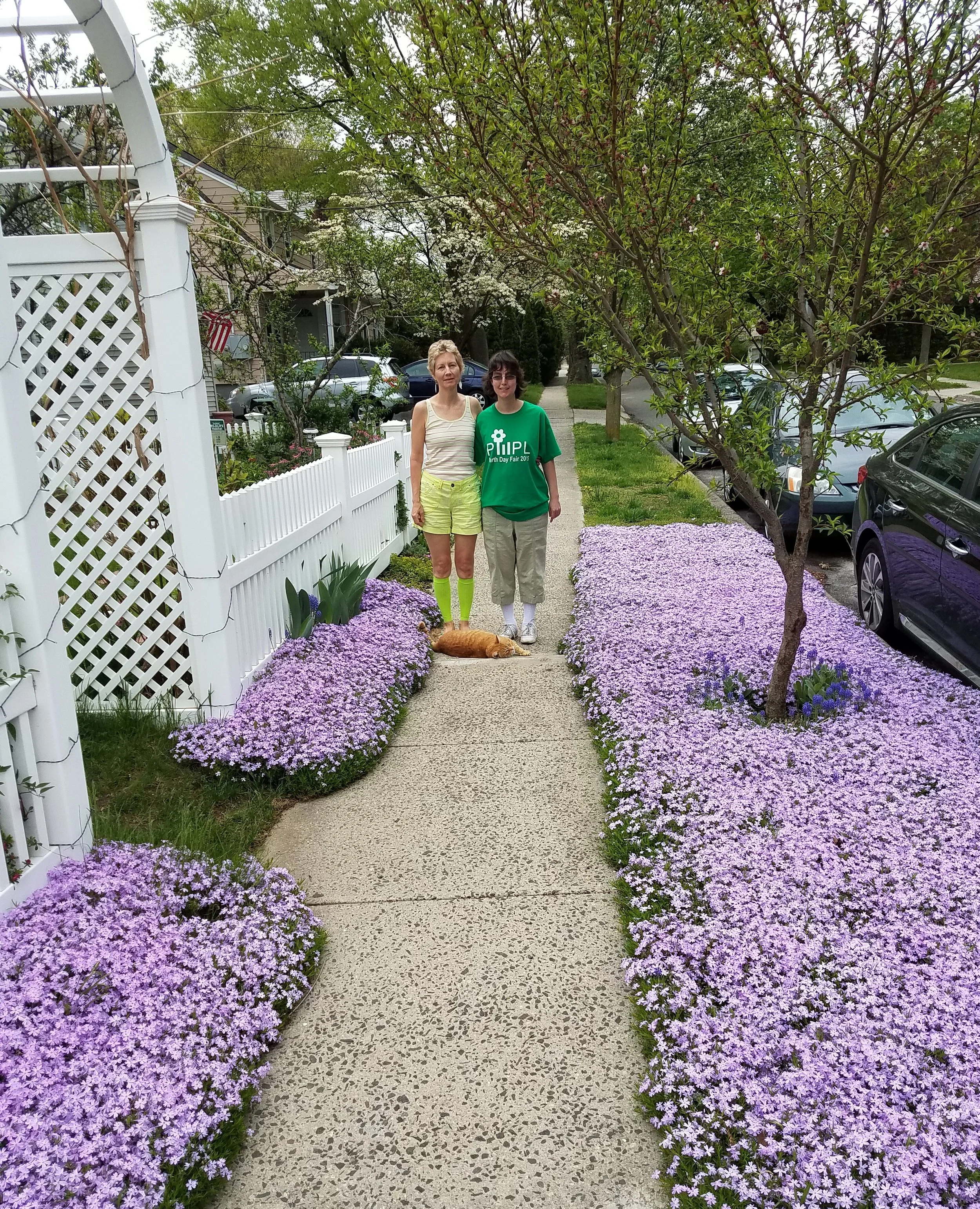Did you know you can compost your kitchen scraps and yard trimmings right in your backyard?You don't need any fancy equipment (although there are benefits to an enclosed system). Successful composting at home is all about making the beneficial microbes that live in a composting pile happy. Like us, theyneed air, water, and food.
Brenda Platt, the director of the Composting for Community Initiative at the Institute for Local Self-Reliance shared the basics and tips to getting started for the ReWild Long Island Community, and answered questions.
Read More

![Layering Wildscapes in Your Garden [Video]](https://images.squarespace-cdn.com/content/v1/5d26169d479c6d0001c989aa/1589122240758-2OJGCQZYV1P9TT4OLIYG/Joyce.PNG)




